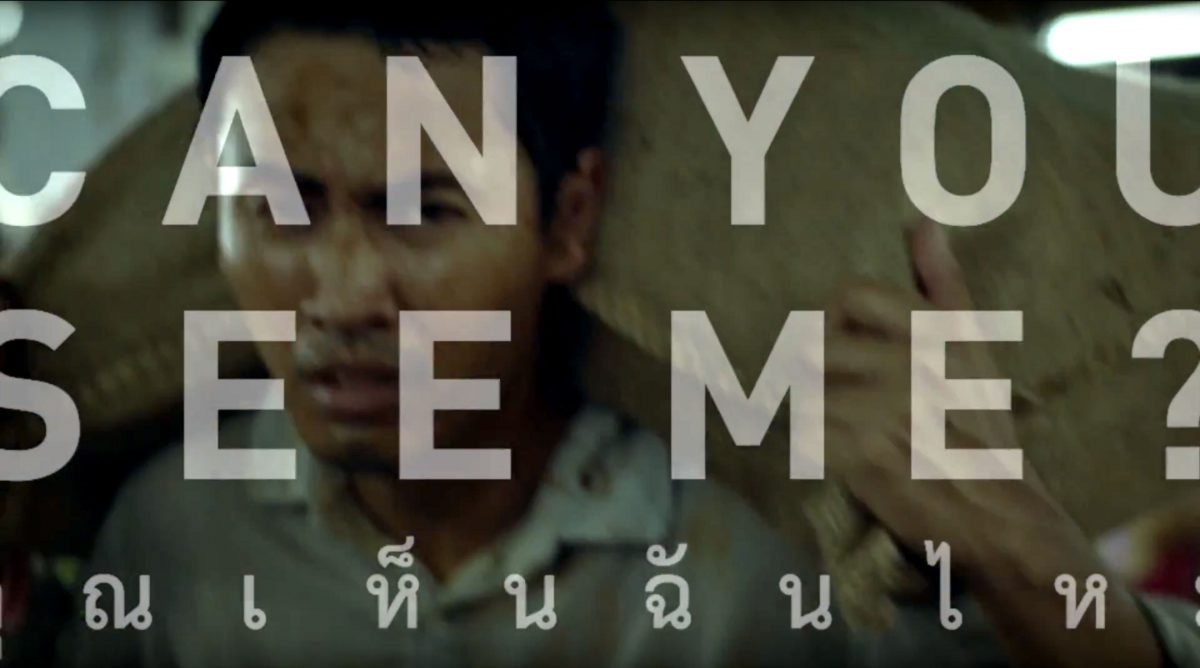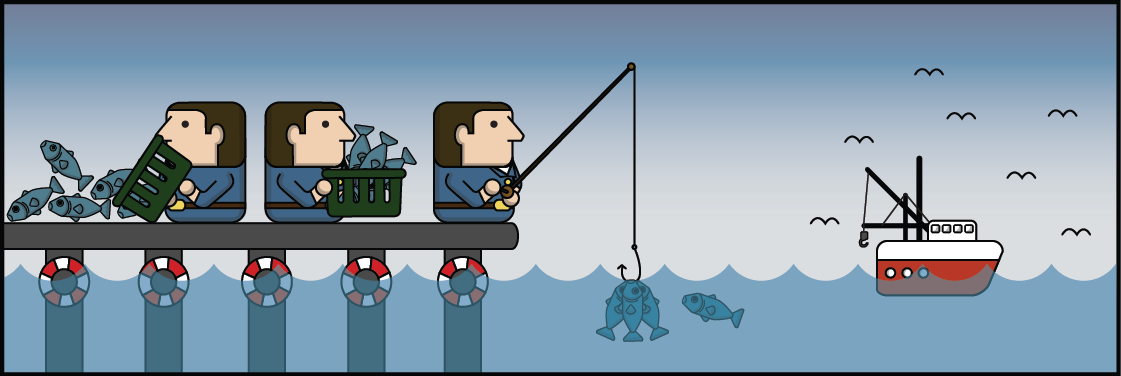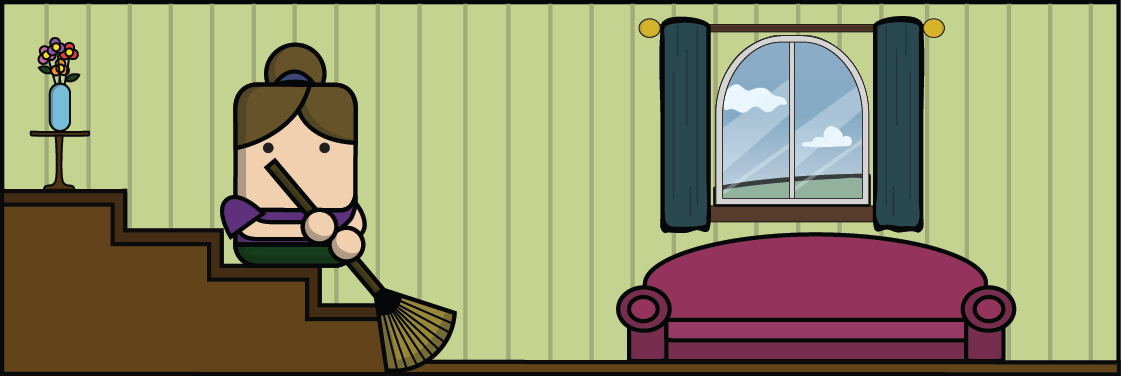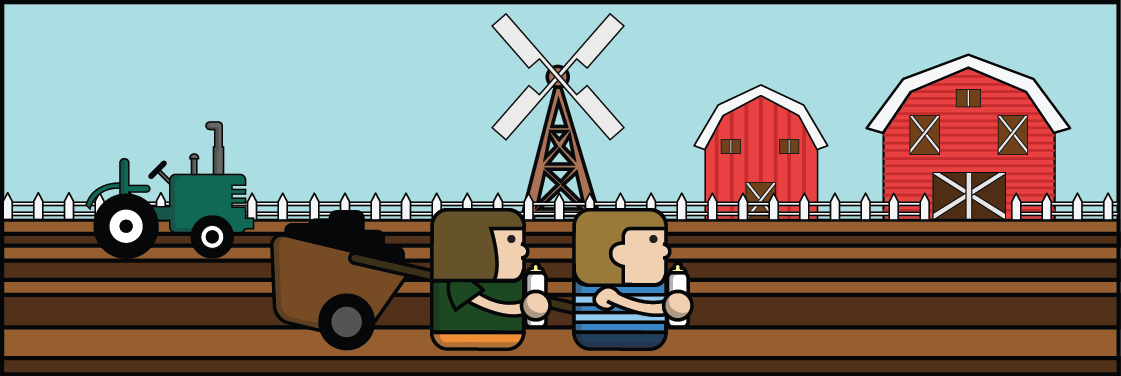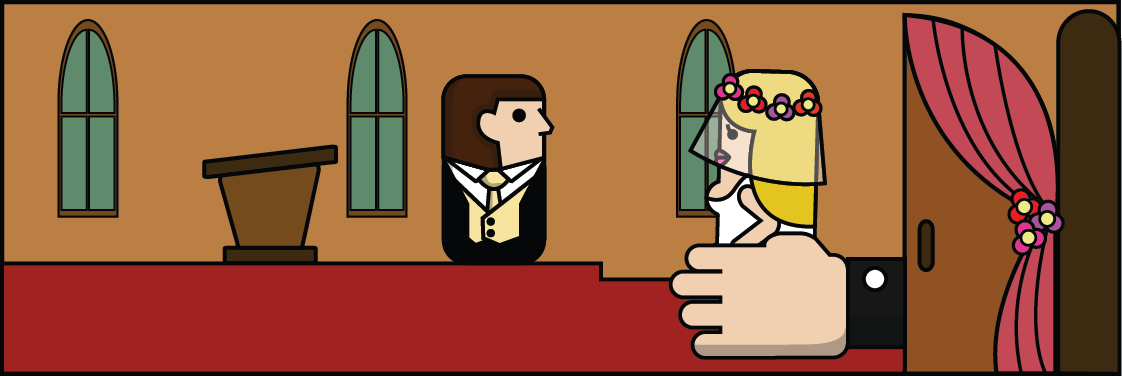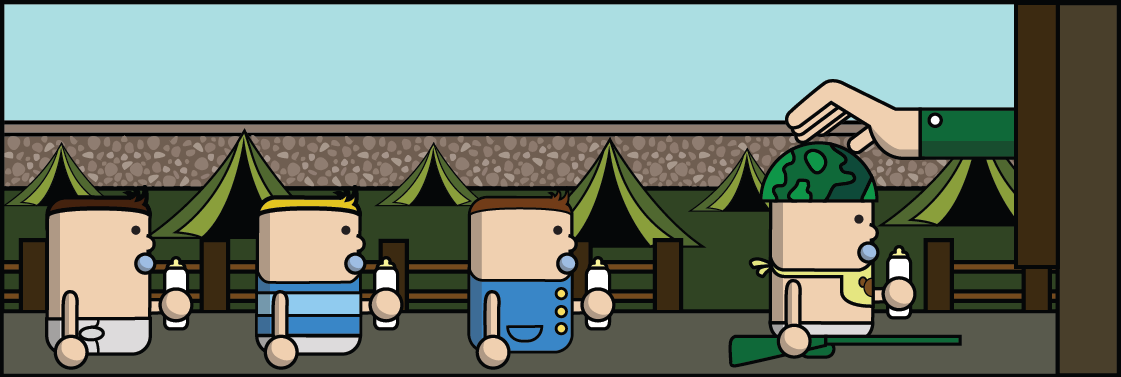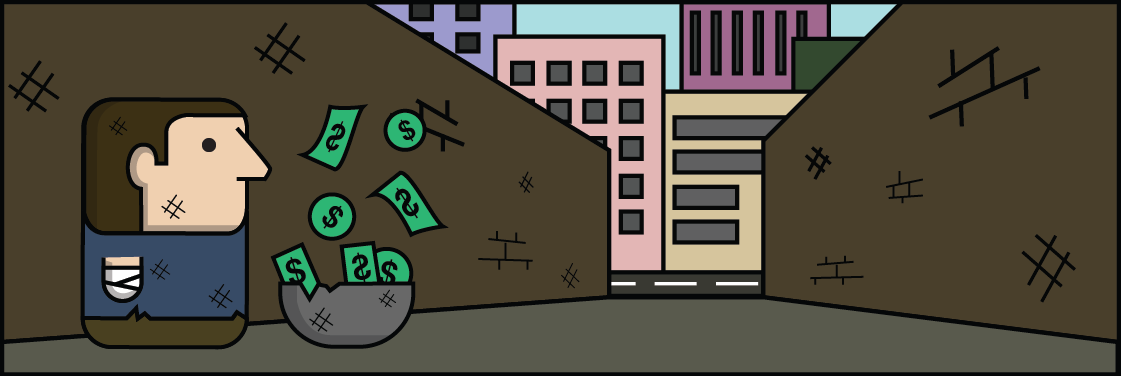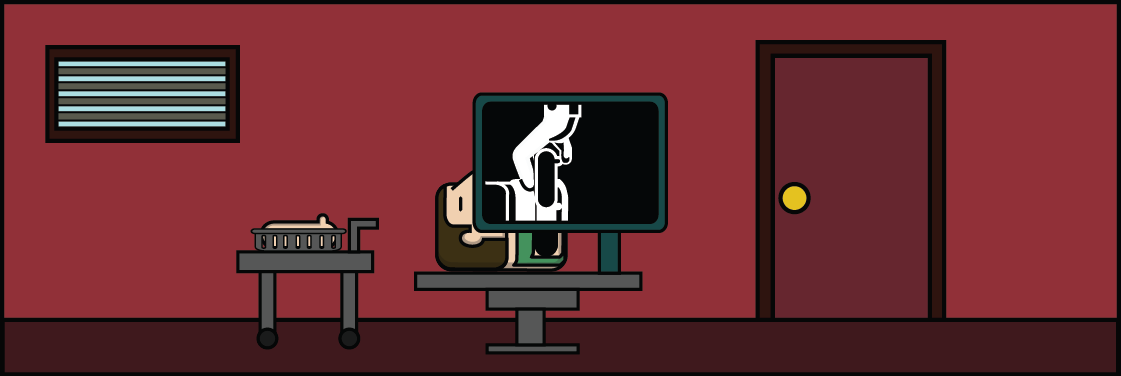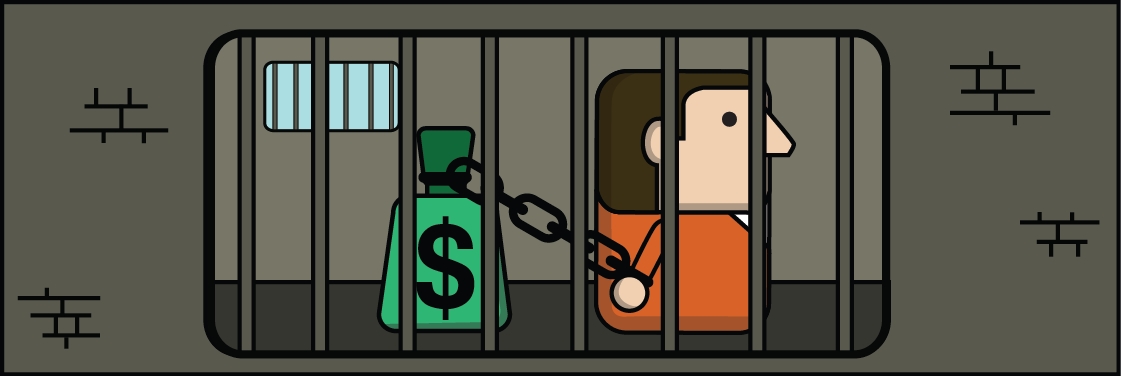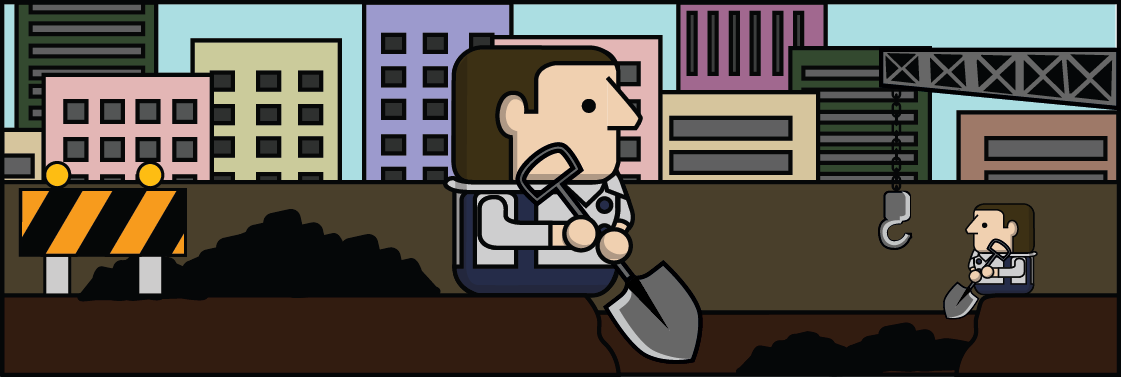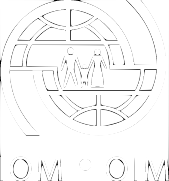From Victim to Activist: A Trafficked Fisherman Speaks Out
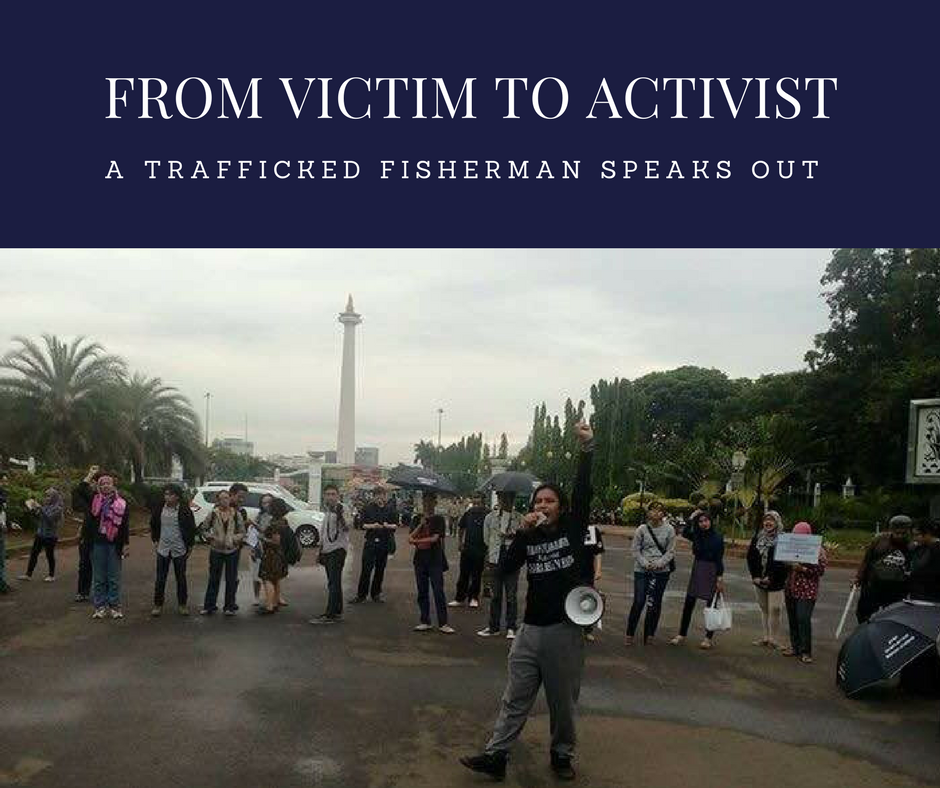
Rizky Oktaviana spent months stuck at sea, a victim of forced labour on a fishing vessel thousands of miles from his home. Now he’s speaking out about his story and leading activism to reform the fishing industry in Indonesia as the Advocacy Coordinator of Serikat Buruh Migran Indonesia (SBMI). We sat down with him to hear about his journey from victim to activist, and to get his take on how to protect migrant workers. In his words, “Every victim needs a space to voice their rights, and I think SBMI is the right place for me to do so.”
What were you doing before you took the job as a seafarer? How were you recruited?
I was working as a waiter at a Japanese restaurant in Jakarta, but in April 2012 I was approached by a recruiter who promised me a job as a seafarer on a fishing vessel that would sail to Africa. The recruiter also promised that I would earn a huge salary, get a large bonus and even have vacations abroad because this was a “proper job”. Because of his promises I thought these things would happen.
Can you describe your experiences on the ship: who were you with and what did you do each day?
I worked as a seafarer on a fishing vessel with a crew mostly made up of other Indonesians. My ship was a longline fishing vessel.
I would start work at three in the morning and finish around midnight every day. We caught tuna, marlin and shark. Just the fins of the shark were cut off; then their bodies would be thrown back into the sea. We often stored shark meat to sell because the captain told us that we would get a bonus if we did so.
If there was a hailstorm at sea, the captain would still force me to work, and if I refused, the captain would get furious and threaten to not pay me. I realized I was in trouble, but I couldn’t do anything because I was stranded on the ship.
Until now, I’ve never been paid.
What happened when your ship finally went to shore? How did you get back to Indonesia?
When my ship docked, immigration officials and the police came aboard. A few days after that, the ship’s catch was confiscated by local authorities because they found that the ship had been fishing illegally. All of us were put in jail but somehow the company arranged for bail for the captain, so he was able to leave. The rest of us were stuck.
I managed to return to Indonesia with the help of International Transport Workers’ Federation and IOM, once they interviewed me and determined that I was victim of human trafficking.
How did you feel when you saw your family again? What was their reaction?
I felt sad because I came home with absolutely nothing. At first my family thought I wasted all of my money abroad and didn’t believe that I was a victim of trafficking even though I tried to explain to them that I was abused and suffered on the ship.
What happened to the company that exploited you?
Unfortunately, until now the foreign company that trafficked me still operates as before, still sending crew to foreign countries.
What advice would you give to people who want to work as a seafarer?
In my opinion, those who want to become a seafarer must first find out if the company that wants to hire them has a permit in Indonesia. Secondly, they must carefully read their work contract.
If they are not given permission to read their contract they should refuse to board the ship and request that the money they paid to the company’s recruiter be given back to them.
They should also attend training and education sessions specific to their future work. If they receive no training, these seafarers are very vulnerable to becoming victims of exploitation. Working on a ship is extremely difficult for people who are doing it for the first time.
What do you think needs to happen to stop exploitation in the fishing industry?
I think the government should play a big role, starting from giving clear and accurate information to Indonesians about the risks of working as a seafarer. Furthermore, law enforcement and the legal system need to sanction and firmly punish companies that illegally operate without a license.
What can the public do to support victims of human trafficking?
The public needs to first fully understand the issue of human trafficking. From there, they can take an active role in monitoring companies and their recruitment procedures. I also really hope that society can also campaign to stop human trafficking through social media.
To report a case of trafficking or exploitation, contact SBMI at:
+62-2179193879
Editor’s choice
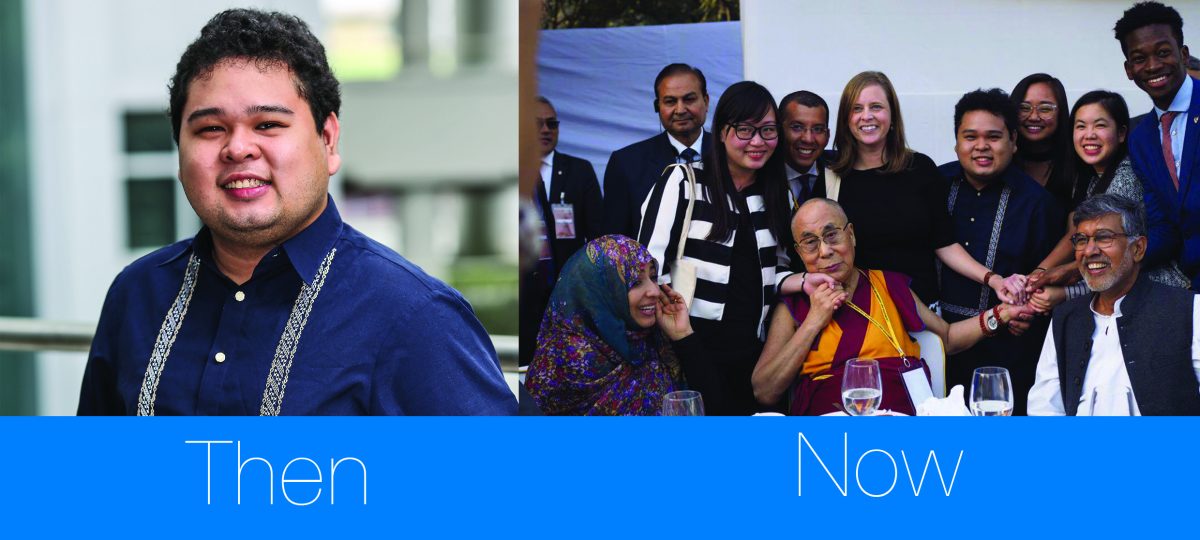
Where are they now?: Joey, Philippines
In 2015 when IOM X was just a few months old we brought together 20 youth leaders from all 10 ASEAN countries in Bangkok for the IOM X ASEAN Youth Forum. The goal was to connect with amazing young people who were passionate about social change and the issue of human trafficking and to share … Continue reading “Where are they now?: Joey, Philippines”

Where are they now?: Joey, Philippines
In 2015 when IOM X was just a few months old we brought together 20 youth leaders from all 10 ASEAN countries in Bangkok for the IOM X ASEAN Youth Forum. The goal was to connect with amazing young people who were passionate about social change and the issue of human trafficking and to share … Continue reading “Where are they now?: Joey, Philippines”

